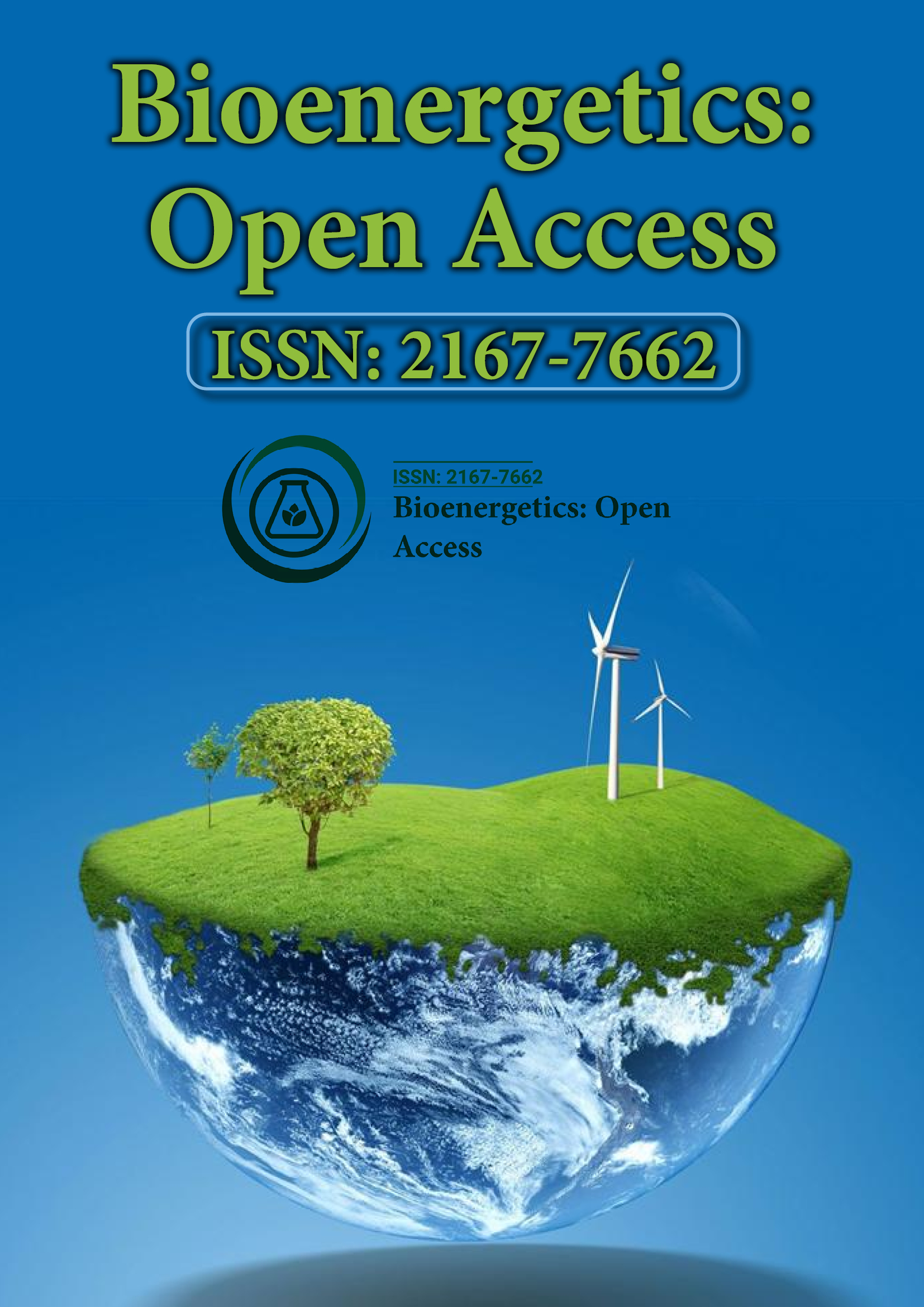Indexed In
- Open J Gate
- Genamics JournalSeek
- Academic Keys
- ResearchBible
- RefSeek
- Directory of Research Journal Indexing (DRJI)
- Hamdard University
- EBSCO A-Z
- OCLC- WorldCat
- Scholarsteer
- Publons
- Euro Pub
- Google Scholar
Useful Links
Share This Page
Journal Flyer

Open Access Journals
- Agri and Aquaculture
- Biochemistry
- Bioinformatics & Systems Biology
- Business & Management
- Chemistry
- Clinical Sciences
- Engineering
- Food & Nutrition
- General Science
- Genetics & Molecular Biology
- Immunology & Microbiology
- Medical Sciences
- Neuroscience & Psychology
- Nursing & Health Care
- Pharmaceutical Sciences
Abstract
Genetic Profiling for Weight Loss: Potential Candidate Genes
Adriana Coletta and Richard B. Kreider
Background: Genome wide association studies have provided valuable information pertaining to a potential link between certain genetic polymorphisms and the prevalence of obesity. These findings have led to the assessment of obesity-related genes in relation to health outcomes after participation in a weight loss intervention. Few studies to date have taken these findings one-step further regarding use of these genes as part of a genetic profile to dictate dietary prescription for optimization of weight loss and health outcomes. The purpose of this review to explain how genetic profiling may be useful within a weight loss intervention to promote weight loss and improved health outcomes, and identify potential candidate genes for use in genetic profiling. Methods: A literature search was conducted using PubMed Central since this search engine’s primary focus is within the biomedical discipline, including literature from MEDLINE, life science journals, and related online books.
Results and conclusions: To date, candidate genes selected within weight loss interventions utilizing a genetic profile are relatively inconsistent. One investigation demonstrated clear, significant results in favor of dietary prescription based on the profile used and thus warrants further investigation with use of the candidate genes selected. This genetic profile is further supported by investigations assessing each candidate gene in relation to health outcomes from weight loss interventions. Therefore, weight loss interventions genotyping for FABP2 (rs1799883), PPARG2 (rs1801282), ADRB3 (rs4994C3), and ADRB2 (rs1042713 and rs1042714) together to dictate dietary intervention, while including an exercise component, may be useful in optimizing success from participation in a weight loss intervention.
